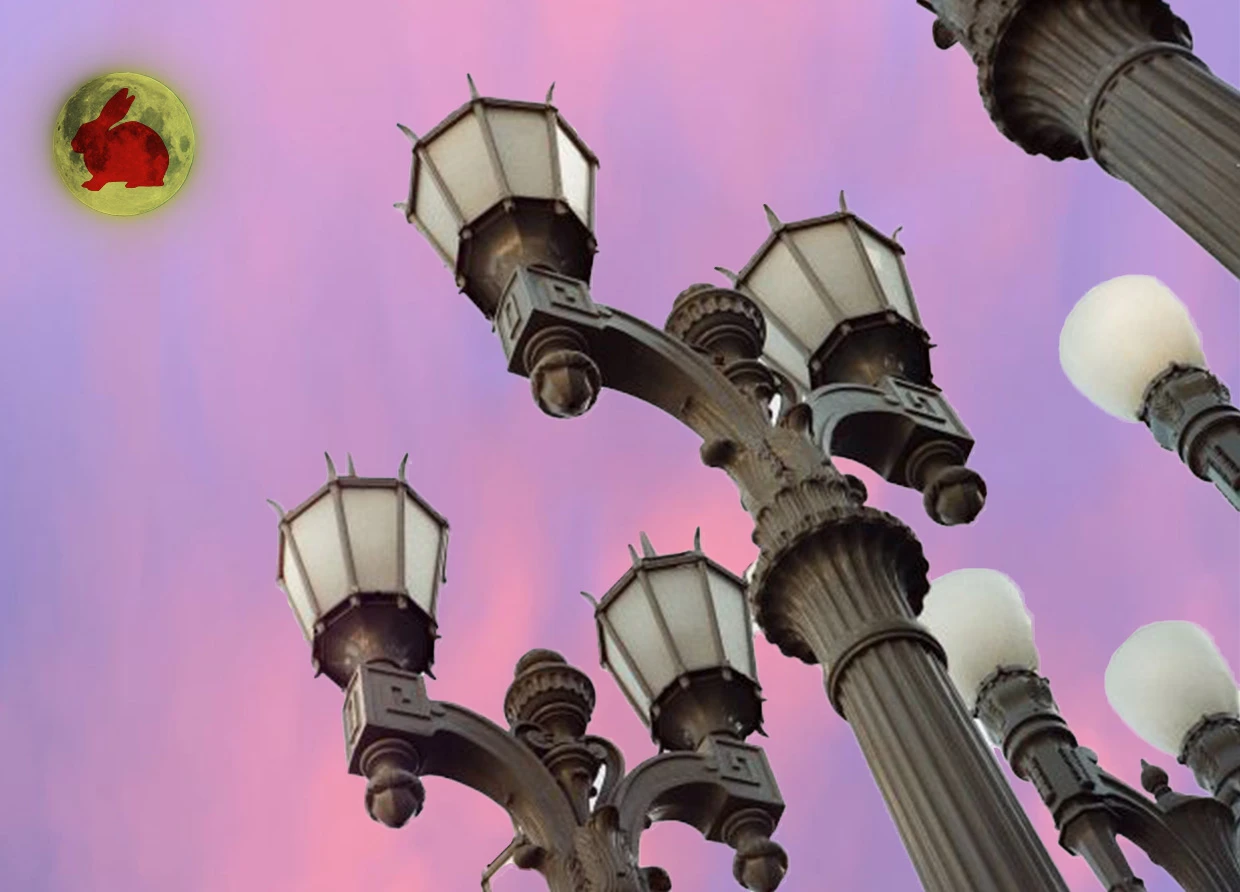RABBIT TOWN CASE: SELFIE TOURISM GONE TOO FAR SOUTH
Selfie tourism and the lack of awareness of intellectual property rights is the worst combo ever — look at the Rabbit Town case.

Wearing counterfeit products has been a subculture in its own terms for many Indonesians. However, this should not be the case,
On December 13, 2021, a tourist attraction named Rabbit Town in Bandung was found guilty of plagiarism after a lawsuit filed by Nancy J. Rubins, the wife of late Chris Burden, found support from the Indonesian Supreme Court.
Burden was the artist who designed the Urban Lights installation, which has been displayed in LACMA, Los Angeles, since 2008. In June 2020, Rubins appointed IABF Law Firm to file a copyright infringement lawsuit to the Indonesian Commercial Court at the Central Jakarta District Court.
The court took side with the Burden estate after careful consideration. However, Henry Husada, Rabbit Town founder, denied the accusation and filed a cassation appeal to the Supreme Court. Henry argued that both installations are not similar and that the "Urban Light" installation is not well-known in Indonesia.
Netizens also noted that this is not the only knock-off within Rabbit Town's site. There are many others, but probably the most notable one is their Rabbit Town's Patrico Sticker, a blatant copy of Yayoi Kusama's Obliteration Room.
"From a young age, I have loved stickers. That is why we have a 'Sticker Room,'" Henry denied the accusations to the Outline. "I have also loved lamps and electricity since I was young."
View this post on Instagram
Supreme Court makes its stance
The attempt failed, and the Supreme Court ordered Rabbit Town to remove the installation within 30 working days and pay the Burden estate Rp1 billion. In addition, Rabbit Town must also issue apology statements to the Burden estate in national daily newspapers in the Indonesian language and in a national daily newspaper in English and its social media.
"As it should," said Mayo Falmonti, managing partner of FAZ Consulting, a law firm focusing on intellectual property rights. "The similarities are uncontested. Even common people can see that. This will be a good landmark case for Indonesia, as it proves that it takes side with the art community."
Luckily, the other artists haven't filed any lawsuit yet. However, with Burden's success in defending their rights, it might happen anytime now. Other artists might come for other selfie tourism developers, as Rabbit Town might not be the only one lacking in originality.
"Why would tourist destination developers want to waste money and effort to create immersive, interactive experiences if they can attract crowds using only photo backgrounds? And why would they care about design concept or originality?" wrote Laila Achmad in her piece titled "Selfies: Root of all evil in Indonesian tourism" for The Jakarta Post.
#THE S MEDIA #Media MilenialView this post on Instagram



























